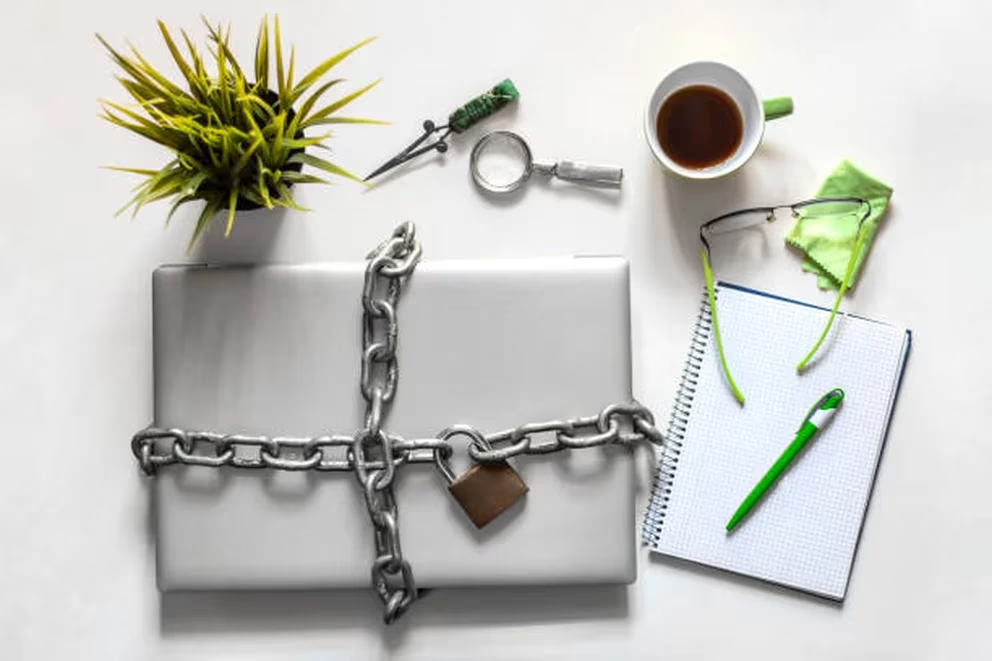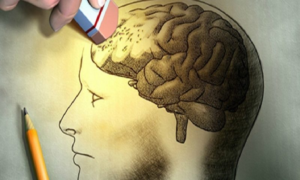In an age where technology constantly surrounds us, the dependence on electronic devices has become a growing issue affecting people of all ages. Digital detox emerges as a solution to counter this trend and regain balance in our daily lives.
The ubiquity of electronic devices, such as mobile phones and tablets, has led many individuals to unintentionally slide into tech dependency. Nomophobia, a term coined in the UK in 2019, describes the irrational fear of being without a cellphone.
Technology addiction manifests in behaviors like constantly checking the phone for notifications, getting lost in endless social media scrolling, and preferring virtual interactions over face-to-face conversations.
Teenagers, in particular, are prone to spending long hours in front of their screens, which can negatively impact their academic performance and social relationships. However, this issue isn’t limited to young people, as adults can also experience detrimental emotional consequences, such as apathy, depression, and irritability.
To assess your own tech dependency, it’s recommended to turn off your smartphone for a day and observe how you manage during that time. Recognizing potential addiction is the first step to mitigating it. There are also places that offer digital detox programs, featuring activities like hiking, fitness classes, yoga, cooking, ceramics, lectures, and therapy.
These destinations provide a break from notifications and automatic alerts, allowing individuals to regain control over their relationship with technology.
Digital detox offers a range of significant benefits, including stress reduction, improved sleep quality, and increased productivity. Its main goal is to enhance mental and emotional well-being by reducing dependence on digital technologies that can drain our energy.
According to psychologist and life coach César Sánchez Santiago, digital detox helps strengthen concentration and decision-making by “eliminating digital distractions that often hinder our productivity and enjoyment of our surroundings.”
For those wishing to embark on a digital detox without attending an expensive retreat, practical tips are available. “It is advisable to uninstall distracting apps, especially games. Additionally, setting ‘phone-off’ times, such as turning off the phone during meals or keeping it on silent during important conversations and meetings, can effectively control its usage,” advised the expert.
The psychologist suggests avoiding using the phone as an alarm clock and opting for a traditional clock. “Keeping the phone out of the bedroom at night reduces the temptation to check it before bedtime, which can negatively affect sleep quality due to exposure to blue light from screens.”
He emphasized that digital detox is not just a passing trend but “a necessary response to address mental and emotional health issues related to tech dependence.” He recommends that people recognize and take steps to reduce this addiction.
“Which can have a positive impact on the quality of life and our ability to genuinely connect with the world around us. Digital detox offers an effective solution to combat this addiction and enhance the quality of life through small but significant steps,” he emphasized.
Join JoinMyLife Club and embark on a journey to a healthier, more balanced digital lifestyle. Break free from tech dependency and improve your overall well-being with practical strategies and expert guidance. Don’t wait any longer to regain control over your relationship with technology!







